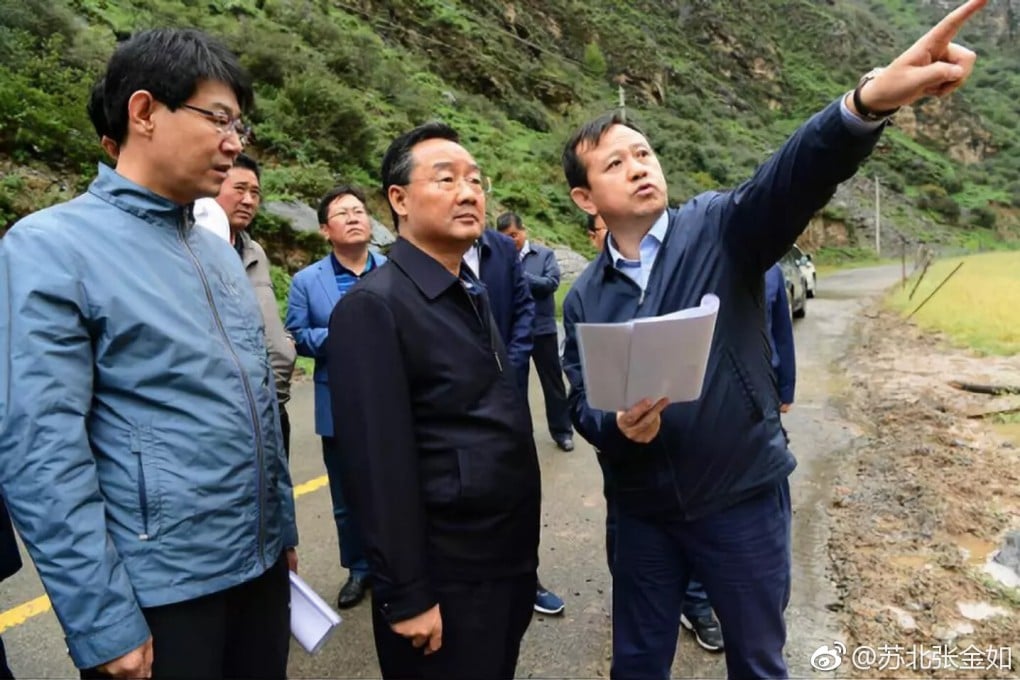China reveals new generation of top-level government appointees, including an ex-copy machine salesman and fighter jet designer
- Beijing has reorganised ministerial and provincial rankings, promoting a new crop of party cadres to top positions
- The newly-promoted cadres come from various backgrounds, but each brings decades of experience in a particular field

A new generation of Chinese cadres in their late 50s have assumed ministerial and provincial positions, including top roles at the commerce and agriculture ministries, as Beijing reshuffles government rankings after finalising its 2035 development vision.
While the newly-promoted cadres come from various backgrounds, they all spent decades gaining experience in a particular field to prove their governance capabilities before being promoted to administrative positions, according to official biographies.
Tang Renjian, who worked as a deputy to Vice-Premier Liu He in the former General Office of the Central Leading Group for Financial and Economic Affairs, was appointed party secretary of the Ministry of Agriculture and Rural Affairs last week, paving the way for him to take over the ministerial position from Han Changfu, who is now 66.

03:05
What happened at the Chinese Communist Party’s major policy meeting, the fifth plenum?
After working in the impoverished province of Gansu for the past years, Tang was also named as a member of the Communist Party’s Central Rural Work Leading Group and its general office director.